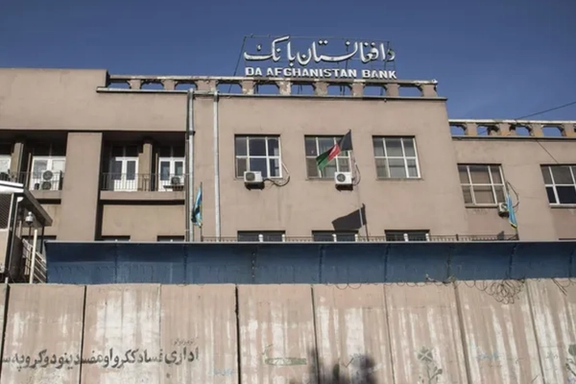While stating that the United States remains committed to supporting the people of Afghanistan amidst ongoing economic and humanitarian crises, the spokesperson of the US State Department said that this policy enables usage of $3.5 billion of Afghan central bank reserves for the benefit of the people of Afghanistan while keeping them out of the hands of the Taliban and other malign actors. The Afghan Fund will protect, preserve, and make targeted disbursements of that $3.5 billion to help provide greater stability to the Afghan economy, the press release stated.
Clarifying doubts, the spokesperson added that the Taliban are not a part of the Afghan Fund, and robust safeguards have been put in place to prevent the funds from being used for illicit activity.
Giving details about the Afghan Fund, the statement from the US State Department said that the fund will maintain its account with the Bank for International Settlements (BIS) based in Switzerland. An external auditor will monitor and audit the Afghan Fund as required by Swiss law.
However, some conditions too have been put in place for its usage. In the short-term, the Board of Trustees of the Afghan Fund will have the ability to authorise targeted disbursements to promote monetary and macroeconomic stability and benefit the Afghan people. This could include paying for critical imports like electricity, paying Afghanistan’s arrears at international financial institutions to preserve their eligibility for financial support, paying for essential central banking services like SWIFT payments, and others.
In the long-term, the goal is for funds not used for these limited purposes to be preserved to return to DAB. The United States in the statement has made clear that they will not support the return of these funds until DAB -demonstrates its independence from political influence and interference; demonstrates it has instituted adequate anti-money laundering and countering-the-financing-of-terrorism (AML/CFT) controls; and completes a third-party needs assessment and onboards a reputable third-party monitor.
“The people of Afghanistan face humanitarian and economic crises born of decades of conflict, severe drought, COVID-19, and endemic corruption,” said Wendy Sherman, United States Deputy Secretary of State. “Today, the United States and its partners take an important, concrete step forward in ensuring that additional resources can be brought to bear to reduce suffering and improve economic stability for the people of Afghanistan while continuing to hold the Taliban accountable."
"The Afghan Fund will help mitigate the economic challenges facing Afghanistan while protecting and preserving $3.5 billion in reserves from Da Afghanistan Bank (DAB), Afghanistan’s central bank, for the benefit of the people of Afghanistan,” said Wally Adeyemo, United States Deputy Secretary of the Treasury.
According to the World Bank, income and economic output in Afghanistan have fallen 20-30 percent, imports have declined by approximately 40 percent, and about 70 percent of Afghan households report they are unable to fully meet basic food or non-food needs. Disbursements from the Afghan Fund could include keeping Afghanistan current on its debt payments to international financial institutions, which would preserve their eligibility for development assistance, and paying for critical imports, such as electricity.

